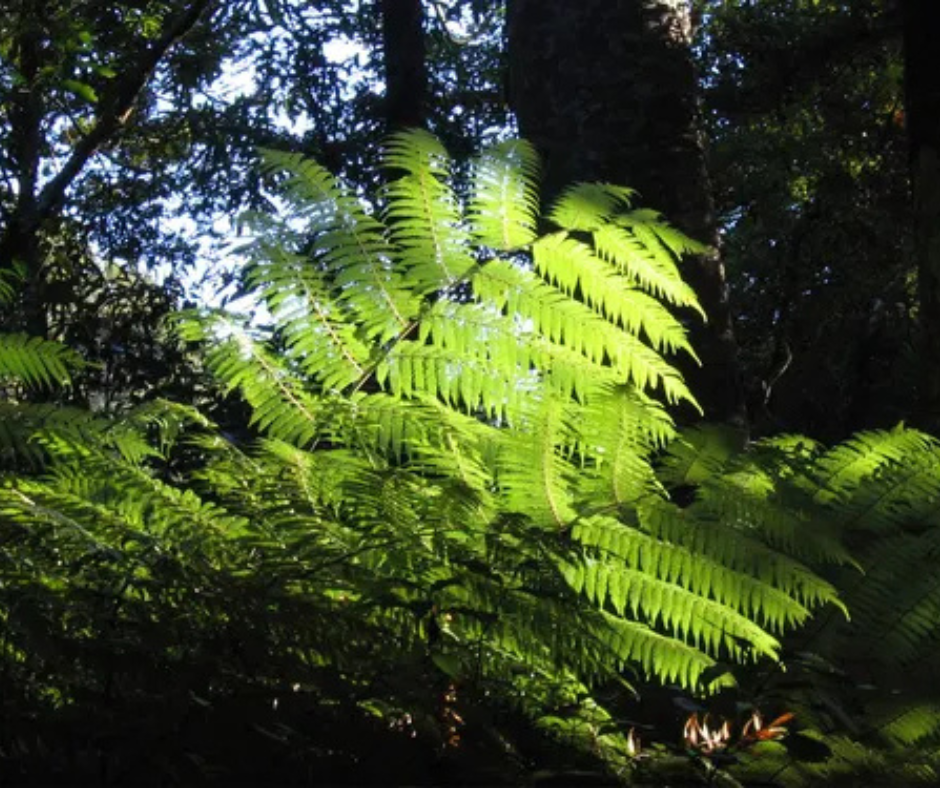
New Zealand has introduced a new policy that opens up select conservation areas for business activity, with the goal of supporting local economies and creating jobs. While the move has sparked a mix of reactions, officials say the plan includes strict guidelines to protect the environment.
Under the policy, certain low-impact businesses — such as eco-tourism, guided tours, and sustainable accommodations — will be allowed to operate in designated conservation zones. The government is also introducing new visitor fees to help fund conservation efforts and manage foot traffic in popular natural areas.
Supporters argue that the initiative could bring much-needed economic opportunities to rural regions that rely heavily on tourism. By allowing regulated access, they believe it’s possible to strike a balance between protecting the environment and supporting livelihoods.
At the same time, conservation groups are keeping a close eye on how the policy is rolled out. They’ve called for strong enforcement and regular reviews to ensure that natural habitats aren’t compromised by commercial activity.
The key challenge will be making sure businesses follow clear sustainability standards. The government has said that only proposals that meet strict environmental criteria will be approved, and any activity found damaging to the ecosystem could face penalties or closure.
As the country continues to rebuild its tourism sector, this approach reflects a broader trend — finding ways to blend environmental protection with economic resilience. How well this works in practice will depend on transparency, community involvement, and long-term monitoring.

